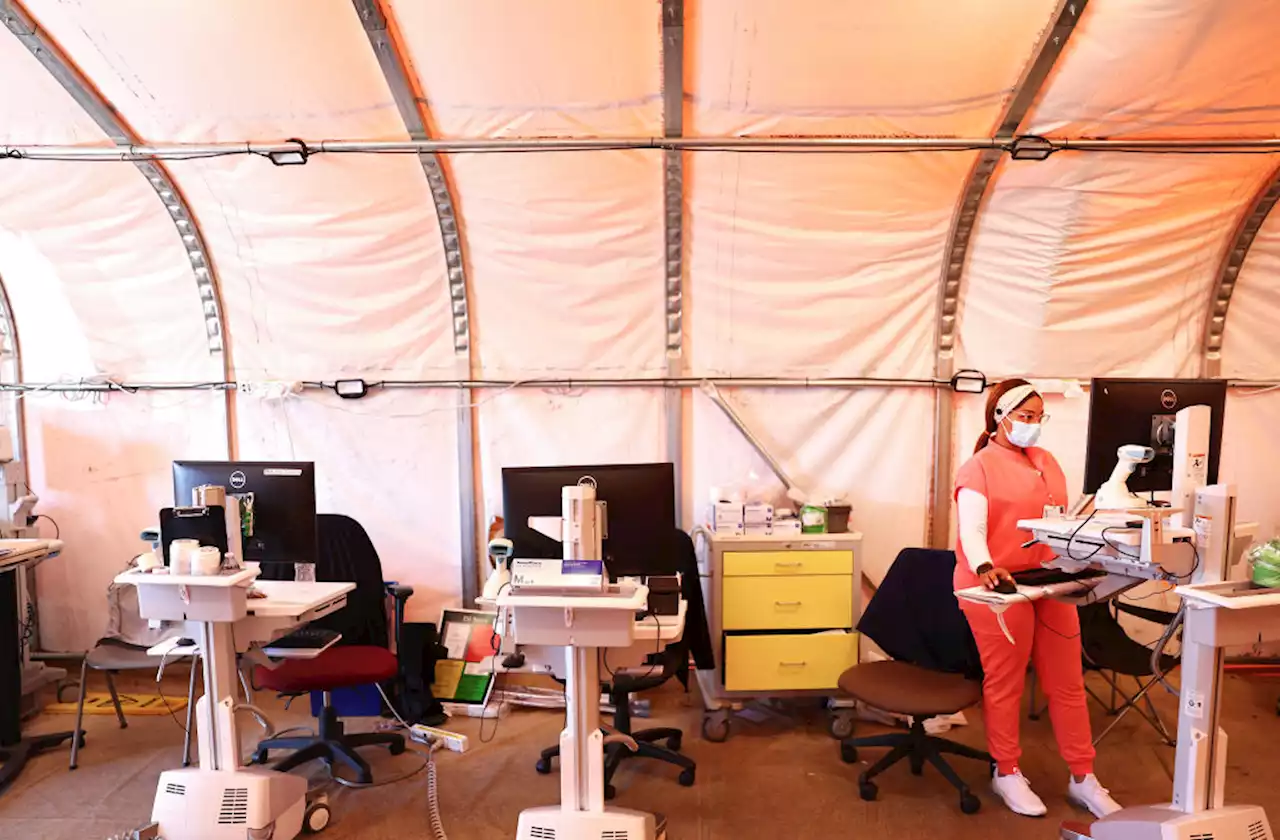Whereas covid mainly kills the elderly, around 80% of those felled by malaria are aged five or younger
-2. The disease was once endemic across most of the world, sweeping through the Americas in the 1600s and reaching as far north as Russia’s Arctic coast and as far east as Japan.
Past efforts to defeat malaria using vaccines have failed, largely because the life cycle of the parasite that causes it has 12 stages. Each presents a different target. Instead, rich countries in cool regions have eradicated the disease by attacking the mosquitoes that spread it, both by spraying insecticides and by destroying breeding grounds. Poorer, tropical countries have fared worse. In 2020 malaria killed 627,000 people, of whom 96% lived in Africa.
New vaccines are just one element of a three-pronged strategy to vanquish malaria. Some tried-and-true tools, like installing insecticide-impregnated bed nets and distributing therapeutic drugs, can still reach more people. Another scientific advance could prove even more valuable than vaccines: genetically modified mosquitoes that cannot reproduce sustainably, which could cause the insects that spread the disease to die out.
Partly because Africa’s population is growing so fast, when projected into the future such gains would have a remarkable impact. By 2034 the annual number of deaths averted would exceed the current yearly toll from breast cancer. In total, 20m lives would be saved during the next three decades—the same number as’s estimate of the global increase in deaths during the covid-19 pandemic. And measured in years of life, this effect would dwarf covid’s. .
The economic benefits are nearly as impressive. On average, adults who catch malaria lose three days of work. Cutting the number of cases by 75% would yield 14bn extra workdays over two decades, the equivalent of the current annual labour supply of Nigeria. Productivity might also improve, since non-fatal cases of malaria in children can stunt growth and hinder cognitive development, in part by inducing comas.
Brasil Últimas Notícias, Brasil Manchetes
Similar News:Você também pode ler notícias semelhantes a esta que coletamos de outras fontes de notícias.
 To End COVID-19, We Have to Admit That We’ve Failed'It's time to adopt the failure playbook to end the COVID-19 pandemic,' writes Dan Werb (dmwerb). 'Biden's 'Test to Treat' strategy is a good start'
To End COVID-19, We Have to Admit That We’ve Failed'It's time to adopt the failure playbook to end the COVID-19 pandemic,' writes Dan Werb (dmwerb). 'Biden's 'Test to Treat' strategy is a good start'
Consulte Mais informação »
 What to Know About a Fourth COVID-19 Vaccine DosePublic health experts are learning toward an additional booster dose, but only for certain people
What to Know About a Fourth COVID-19 Vaccine DosePublic health experts are learning toward an additional booster dose, but only for certain people
Consulte Mais informação »
 What to Know About a Fourth COVID-19 Vaccine DosePublic health experts are learning toward an additional booster dose, but only for certain people
What to Know About a Fourth COVID-19 Vaccine DosePublic health experts are learning toward an additional booster dose, but only for certain people
Consulte Mais informação »
 To End COVID-19, We Have to Admit That We’ve Failed'It's time to adopt the failure playbook to end the COVID-19 pandemic,' writes Dan Werb (dmwerb). 'Biden's 'Test to Treat' strategy is a good start'
To End COVID-19, We Have to Admit That We’ve Failed'It's time to adopt the failure playbook to end the COVID-19 pandemic,' writes Dan Werb (dmwerb). 'Biden's 'Test to Treat' strategy is a good start'
Consulte Mais informação »
 ‘HMRC denied banks access to data that could have prevented Covid loans fraud’Hannah Bernard, of Barclays, told MPs that, instead, her bank had to rely on self-attestation by businesses applying for bounceback loans.
‘HMRC denied banks access to data that could have prevented Covid loans fraud’Hannah Bernard, of Barclays, told MPs that, instead, her bank had to rely on self-attestation by businesses applying for bounceback loans.
Consulte Mais informação »
